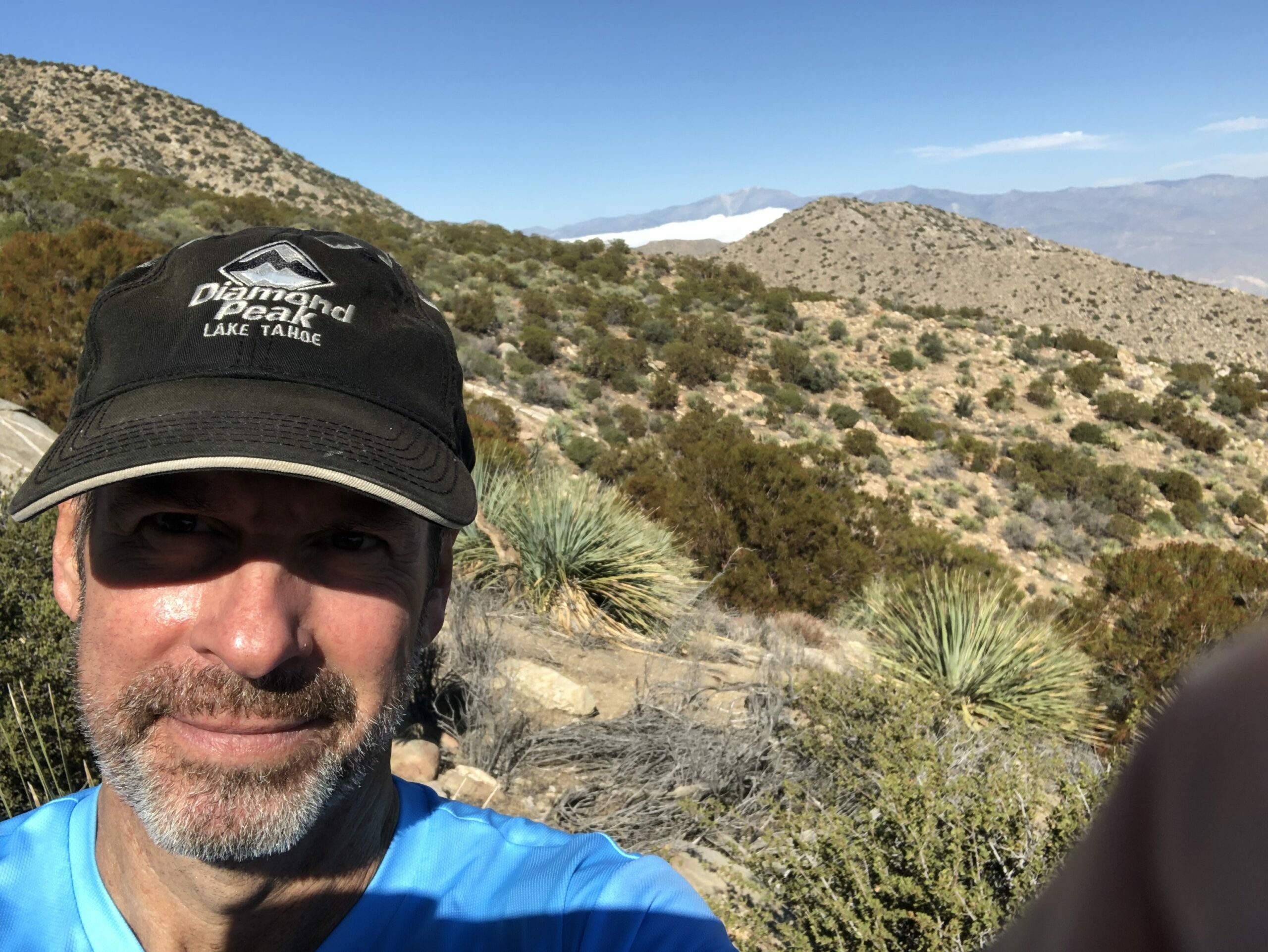
Hi. Nice to meet you.
I’m David.
I explore because I love learning and I love helping people.
Since 1992 I have advised leaders and consulted for organizations. I taught at universities and high schools, and I led professional trainings and change initiatives all over the world.
School & Early Career
I grew up in Los Angeles, where I attended public schools all the way through UCLA. I completed a B.A. in Communication Studies, a master’s degree in Teacher Education, and a Ph.D. in Education Policy & Organizational Management.
I wrote for the Los Angeles Times, I taught at UCLA for 11 years, and I led a Los Angeles-based management consulting practice.
Even though I don’t live there anymore, I still love LA. I know where everything is, I know where everything used to be, and I love eating at tiny, family-owned restaurants in strip malls.
My Light Bulb Moment
In the years after 9/11, I focused my research and consulting on the real-world impacts of learning. At the time, every single one of my clients and graduate students – some of the most successful people in their generation – reported that they had to actively recover from their schooling just to lead healthy lives, much less succeed in their professions or create something artistic or entrepreneurial.
The research literature on school does not account for the lived experiences of teachers or students, so I decided to explore school myself. In 2004, I accepted an invitation to teach high school courses in America’s fifth-largest high school in Los Angeles. I used technology to disrupt the curriculum and the classroom. I also got an up-close view of the bizarro bureaucracy and toxic culture in school.
I originally planned to teach high school for a year or two.
Man Plans God Laughs
You know an idea is universally wise when Public Enemy names an album after a Yiddish proverb.
My 1-2 year “domestic peace corps” plan was derailed when Zolzaya Damdinsuren walked into my classroom carrying The Art of Happiness by the Dalai Lama. It was unusual to see a student on that campus holding any book – but… the Dalai Lama? When you and I get to know each other better, I’ll tell you all about Zolzaya, how I wound up spending time with his family in Mongolia, and my ensuing journey to Tibet. The experience changed my life.
When I returned from Asia, I decided to continue K12 teaching. I accepted a position at a high school on California’s Central Coast. In the evenings I supervised an administrative credential program and taught master’s degree courses at a satellite campus of a university. I continued using online tools and techniques to bring the world to my students and my students to the world.
Open-Source Learning
In 2009 I coined the term “Open-Source Learning” to describe my practice. I defined OSL as a teaching philosophy that “empowers students to work in partnership with their teachers and expand their networks beyond classroom walls to develop personally meaningful learning experiences that can be shared with everyone to create immediate value.”
The idea struck a chord and I was happy to share. I accepted invitations to speak at universities, corporations, think tanks, nonprofit foundations, professional conferences, TED, and even the Royal Geographical Society in London.
When the coronavirus pandemic closed campuses in 2020, my learning communities didn’t miss a beat. We accelerated. And when everyone else went back to normal, I graduated from school again, so now I can work with leaders, organizations, schools, and communities to develop their learning superpowers.
Thanks for reading. It’s great to meet you.